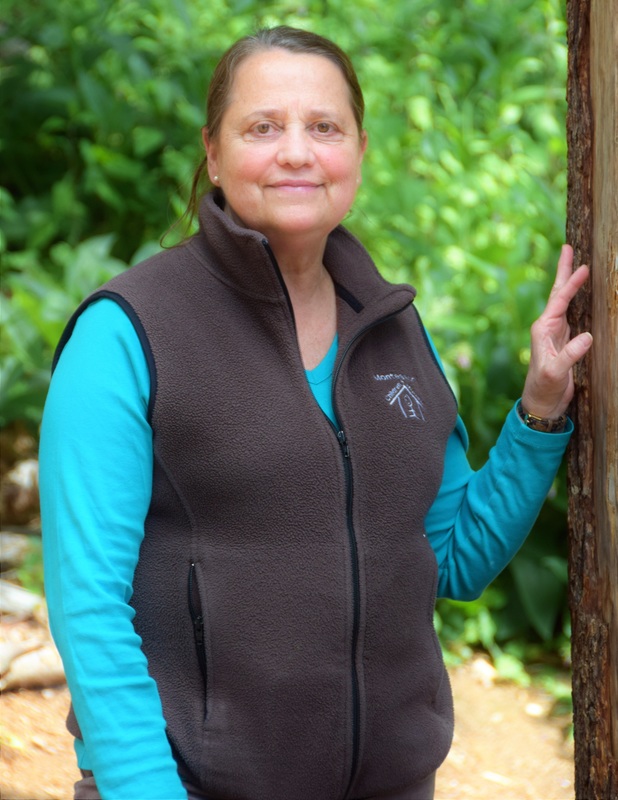|
“Reading aloud and talking about what we're reading sharpens children's brains. It helps develop their ability to concentrate at length, to solve problems logically, and to express themselves more easily and clearly.” -Mem Fox
Early language and literacy development continually evolves, beginning at birth, through the interactions a child has with others and the environment in which he lives. Literacy development involves communication, which includes listening, speaking/signing, reading and writing. The child’s earliest experiences set the stage for the development of literacy. It is through every day activities and communication with real people (not screen time) that children learn and practice the literacy skills of listening, speaking/signing, reading and writing. Books and stories are a critical link to the development of literacy and will be the major focus of this article. It is very important that children be exposed to books and that parents talk and read to their children at a very young age. Books are extremely instrumental for a child’s overall development, enhancing his interest in the world through pictures and stories. During the infant and toddler years, the adult’s interactions with the child are of primary importance in the promotion of literacy development. The following are some guidelines that can be used by adults for sharing books: • Read to your children everyday even if only for a few minutes. Bedtime is a good time to do so. • Have fun when you read to children because they will learn from you that reading is fun. • Talk or sing about the pictures in the book. • Choose books that are fun and appropriate for each child’s developmental level. • Books with simple, large, colorful pictures are best for infants. • Board books or “chunky” books are stiff and durable making them easier for toddlers to handle. • Cloth and vinyl books can be mouthed and used in the bathtub. • Create a small, plastic photo album of family and friends. Young children love to see and hear about those people they trust and love. • Use books with no words or only a few words on the page. • Choose books with simple rhymes that are easy to memorize and fun to recite or hear recited. • Animal books almost always delight children. • Books about shapes, colors, numbers, sizes, seasons, transportation vehicles and the alphabet are all good choices. • Share books that have familiar pictures of objects – such as balls, bottles, babies, shoes, coats and cars. • Run your finger along the words as you read. • Let children turn the pages. • Show and talk to children about the cover of the book before reading it. • Make the story come alive through body movement and voice inflection. • Point to and name pictures in the book. • Ask the children to point to pictures that are named. Such as, “Point to the ball” or ask them “Where is the ball?” • Use the book to engage in conversation. • Let children try to read familiar books to you. Once they can talk, they usually love to tell stories and are often creative about doing so. • Go to the library on a regular bases and allow toddlers to choose some books. I guarantee that you will never regret the time you spend reading to your children. They will connect emotionally with you as well as learn that books teach them new things about their world. They will learn that reading is fun! In closing, I would like to invite you to attend the Scholastic Book Fair at Montessori Children’s House, which is happening between December 3rd and December 9th. Bring your children and allow them to choose books too! You can also order books online from November 30th thru December 13th if you are unable to attend. Book Fair Hours: • Saturday December 3, from 10-12 • December 5-9; Monday, Tuesday, Thursday, Friday- 12:00-1:30, 3:30-5:30, Wednesday- 12:00-4:00
0 Comments
|
Kim BerudeInfant/Toddler Program Director Archives
November 2018
Categories |
|
Montessori Children's House
5003 218th Ave. NE Redmond, WA 98053 Phone: 425-868-7805 [email protected] For Records Requests, please reach out to [email protected]. |
Founded in 1987
|


 RSS Feed
RSS Feed
